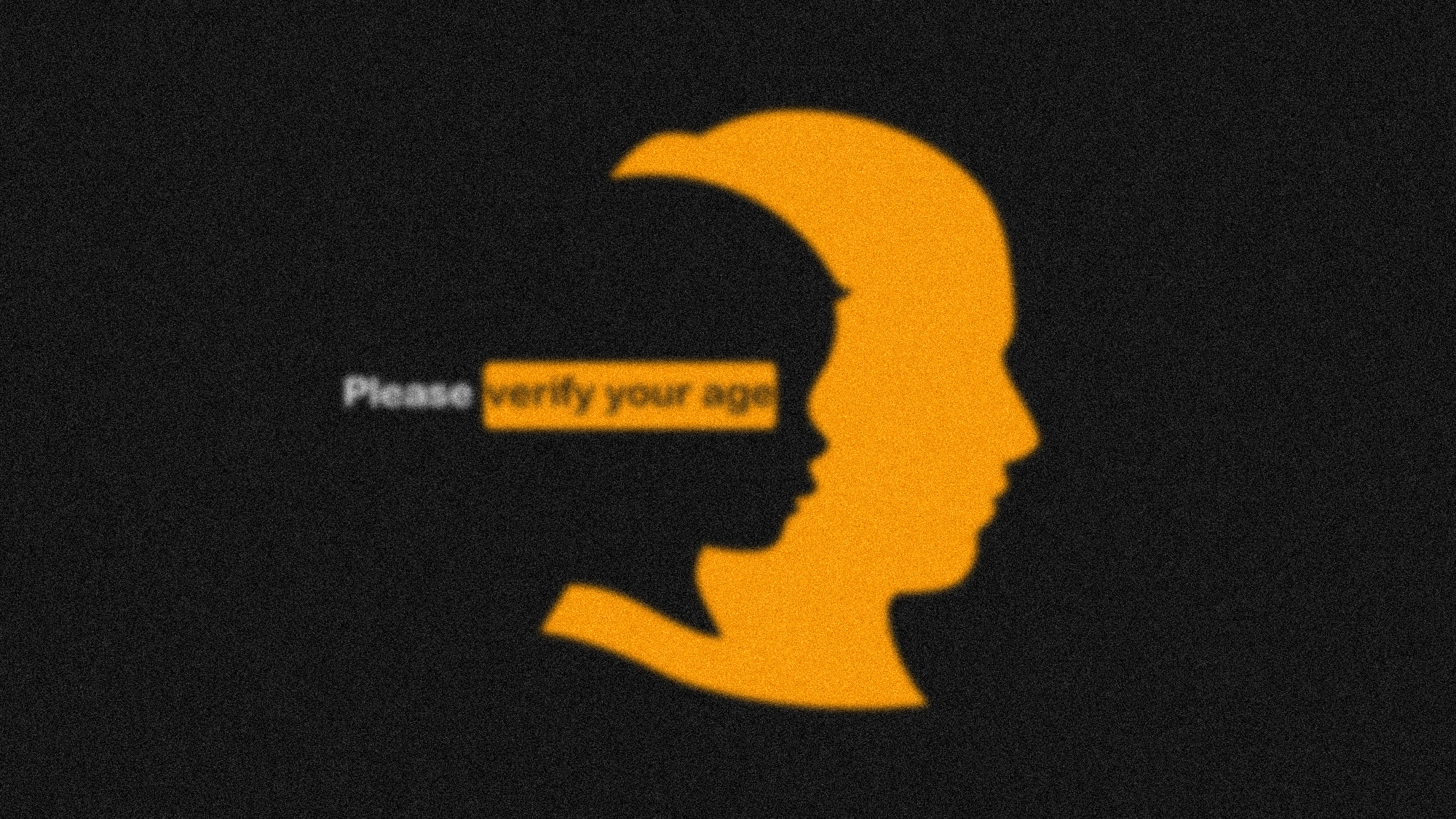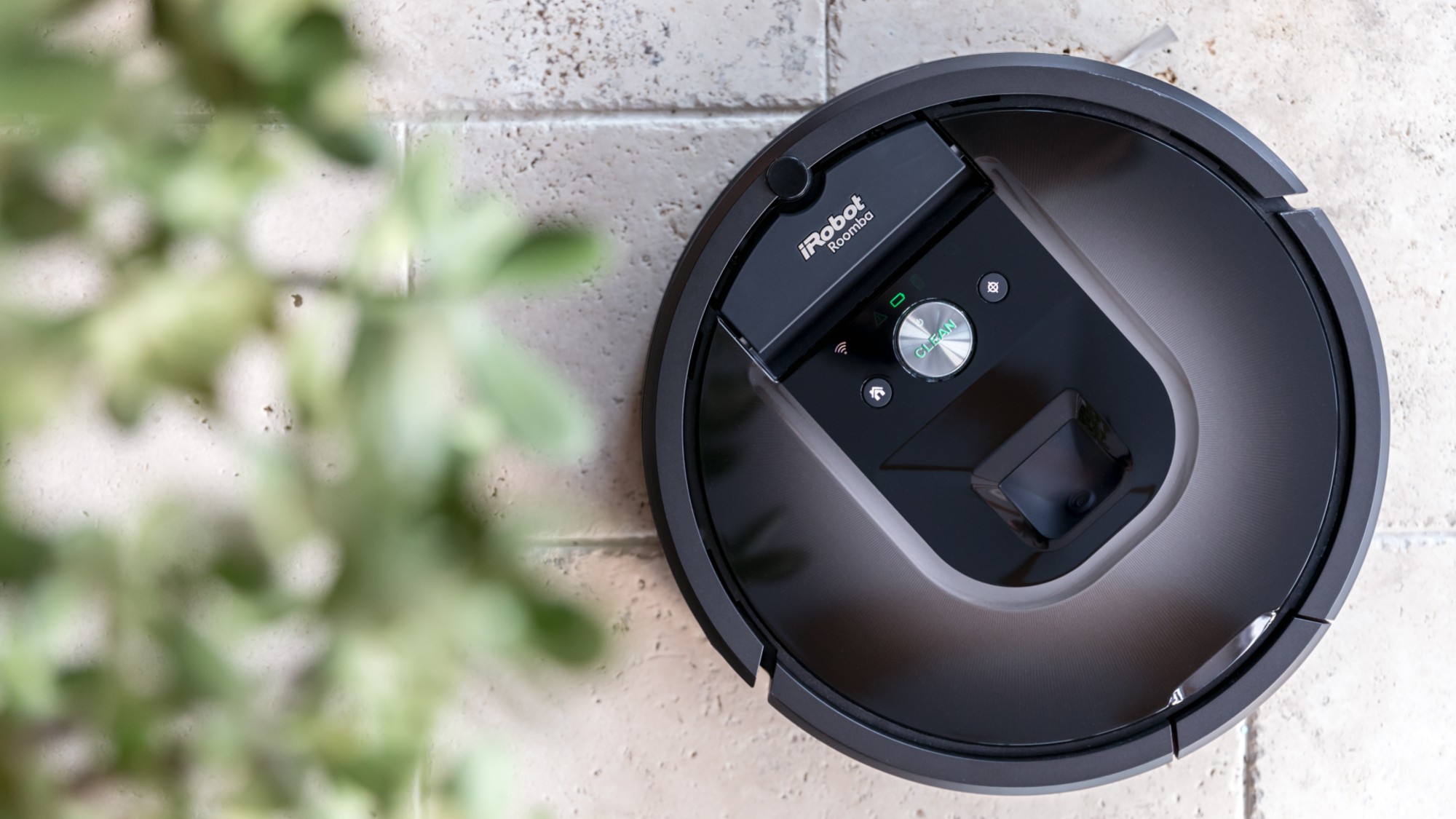The UK's new online age verification rules
Experts say under-age users can easily bypass regulations designed to protect them

A free daily email with the biggest news stories of the day – and the best features from TheWeek.com
You are now subscribed
Your newsletter sign-up was successful
New regulations in the UK have forced adult websites to use more robust age verification measures to protect children from harmful content.
The introduction of the rules last week was a "seatbelt moment" for children's online safety, said The Guardian, but not everyone is convinced the measures will work.
How will they work?
The new rules from the regulator Ofcom state that sites hosting adult content now need to have "highly effective" age verification in place.
The Week
Escape your echo chamber. Get the facts behind the news, plus analysis from multiple perspectives.

Sign up for The Week's Free Newsletters
From our morning news briefing to a weekly Good News Newsletter, get the best of The Week delivered directly to your inbox.
From our morning news briefing to a weekly Good News Newsletter, get the best of The Week delivered directly to your inbox.
So rather than the current checks, which merely ask users to tick a box confirming they're over 18, site owners will have to verify their users' ages. This could mean requiring users to submit photo ID such as a passport or driving licence or by asking them to record a short video clip of their face to be analysed by AI age estimation technology.
What sites will require age verification?
Every company with adult content on its site is obliged to implement age checks. These include adult video sites such as Pornhub – Ofcom estimates that around 6,000 porn websites alone are affected by the change – but also platforms where users are able to share X-rated content as well as more mainstream material, such as Reddit or Discord.
Ofcom is ready to be "tough" with websites that don't comply, Jessica Smith, the regulator's online safety principal, told Sky News. Companies that flout the rules could be fined up to £18 million or 10% of their global turnover, and their sites could also be blocked in the UK.
Can't people just get round it?
Many people are expected to use virtual private networks, or VPNs, to dodge the regulations. VPNs, which are legal, allow users to securely connect one device to another using the internet, so they can "switch" their device's geographical location.
A free daily email with the biggest news stories of the day – and the best features from TheWeek.com
They're already widely used to get round anything blocked because of location and "there's often a spike in VPN interest when a country introduces new age-check laws", said Wired. Ofcom has told platforms not to host, share or permit content encouraging the use of VPNs.
Within hours of the new rules coming into force, two "ethical hackers" showed how "simple" it is to get around them, said Sky News. Using devices that were "running standard software", the hackers used basic "tricks" to quickly circumvent the restrictions.
Are they enough to protect children?
While workarounds meant the measures may not stop "determined young people" from accessing adult content, it's hoped that they will at least stop inappropriate material from "popping up unexpectedly" on young people's feeds.
No checks are "completely infallible", a spokesperson for children's charity Barnardo's told The Independent, and websites hosting adult content should take a "continuous approach" to improving age verification measures.
There are also fears that the new measures will backfire by driving people, including children, to the "dark web", which hosts "less regulated spaces with more dangerous and explicit sexual material", said the BBC.
And some experts believe the rules will "ultimately harm children and adults alike", said Wired. Sharing sensitive documents like a passport or driving licence opens the door to concerns around hacking and data breaches that could put users at risk of blackmail, fraud or impersonation.
Chas Newkey-Burden has been part of The Week Digital team for more than a decade and a journalist for 25 years, starting out on the irreverent football weekly 90 Minutes, before moving to lifestyle magazines Loaded and Attitude. He was a columnist for The Big Issue and landed a world exclusive with David Beckham that became the weekly magazine’s bestselling issue. He now writes regularly for The Guardian, The Telegraph, The Independent, Metro, FourFourTwo and the i new site. He is also the author of a number of non-fiction books.
-
 How the FCC’s ‘equal time’ rule works
How the FCC’s ‘equal time’ rule worksIn the Spotlight The law is at the heart of the Colbert-CBS conflict
-
 What is the endgame in the DHS shutdown?
What is the endgame in the DHS shutdown?Today’s Big Question Democrats want to rein in ICE’s immigration crackdown
-
 ‘Poor time management isn’t just an inconvenience’
‘Poor time management isn’t just an inconvenience’Instant Opinion Opinion, comment and editorials of the day
-
 Can Europe regain its digital sovereignty?
Can Europe regain its digital sovereignty?Today’s Big Question EU is trying to reduce reliance on US Big Tech and cloud computing in face of hostile Donald Trump, but lack of comparable alternatives remains a worry
-
 Claude Code: Anthropic’s wildly popular AI coding app
Claude Code: Anthropic’s wildly popular AI coding appThe Explainer Engineers and noncoders alike are helping the app go viral
-
 Will regulators put a stop to Grok’s deepfake porn images of real people?
Will regulators put a stop to Grok’s deepfake porn images of real people?Today’s Big Question Users command AI chatbot to undress pictures of women and children
-
 Is social media over?
Is social media over?Today’s Big Question We may look back on 2025 as the moment social media jumped the shark
-
 The dark side of how kids are using AI
The dark side of how kids are using AIUnder the Radar Chatbots have become places where children ‘talk about violence, explore romantic or sexual roleplay, and seek advice when no adult is watching’
-
 What is Roomba’s legacy after iRobot bankruptcy?
What is Roomba’s legacy after iRobot bankruptcy?In the Spotlight Tariffs and cheaper rivals have displaced the innovative robot company
-
 The robot revolution
The robot revolutionFeature Advances in tech and AI are producing android machine workers. What will that mean for humans?
-
 Australia’s teen social media ban takes effect
Australia’s teen social media ban takes effectSpeed Read Kids under age 16 are now barred from platforms including YouTube, TikTok, Instagram, Facebook, Snapchat and Reddit